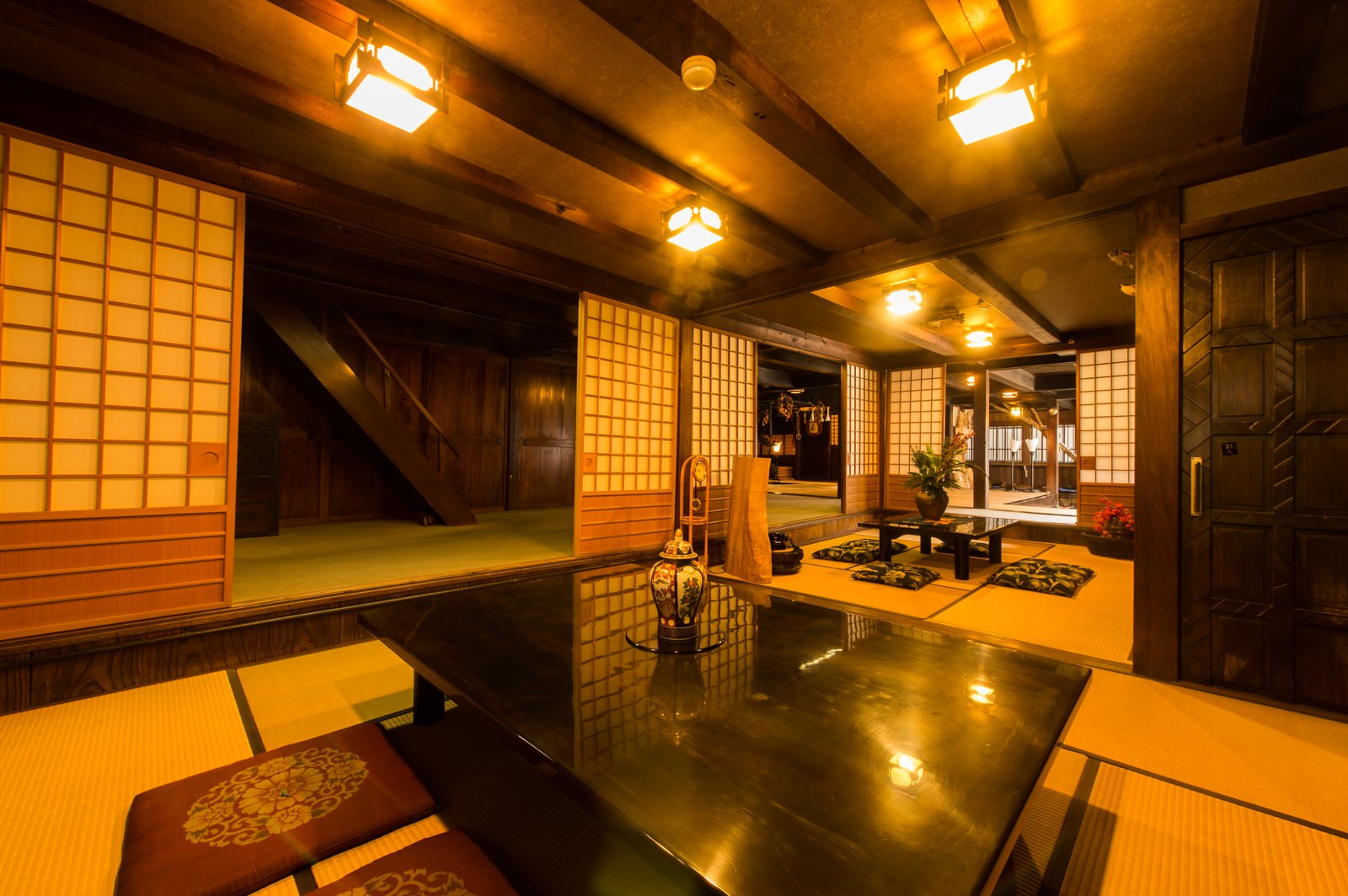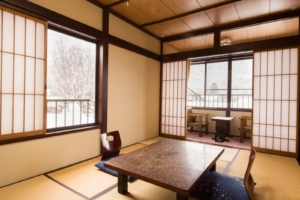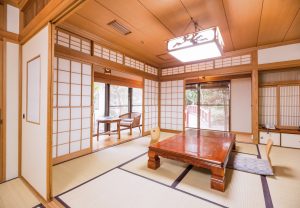I’ve often encountered English speakers having a bit of difficulty pronouncing the Japanese word “ryokan.” Some of them say “Ri-o-kan,” while others say “Ryo-o-kan.”
Why is that?
It might be because the sounds “りゃ (rya),” “りゅ (ryu),” and “りょ (ryo)” in Japanese are difficult for them.
From my experience, I can usually tell from the context that they’re trying to say “ryokan.”
Here’s a simple explanation of how to pronounce “ryokan”:
Step 1: How to pronounce the “ryo” in “ryokan”
Let’s start with the “ryo” part of “ryokan.”
“Ryo” is pronounced as a single syllable, and unlike the word “Rio de Janeiro,” you shouldn’t break it into separate sounds like “Ri-o.”
Interestingly, even though the “ら・り・る・れ・ろ” sounds in Japanese are universally written as “ra ri ru re ro,” many Japanese people actually pronounce them more like “la li lu le lo,” depending on the word. This may be confusing for Japanese language learners.
To add to that, in the case of “ryokan,” it’s almost like pronouncing “lyo” (or “lio”), but the tongue lightly touches the roof of your mouth, so it’s a soft, short sound that’s somewhere between an “L” and a “D.”
Step 2: Pronouncing the “kan”
For “kan,” the pronunciation in American English is close to [kən], while in British English, it’s closer to [kæn].
Japanese people don’t know “L” and “R”?
I often hear native English speakers say that Japanese people can’t distinguish between the “L” and “R” sounds.
In reality, Japanese people are actually pronouncing both “L” and “R” sounds in their everyday language. Even though they use the same hiragana, katakana, or kanji characters, depending on the word’s meaning, it could sound more like an “L” or more like an “R.”
Despite this, Japanese people have no trouble understanding each other, even across different dialects. Also, they don’t learn in school, “This word is pronounced with an ‘R,’ and that one uses an ‘L.’”
Why is that?
Because that’s just how Japanese is. It’s not a language like English where distinguishing between “L” and “R” changes the meaning. Applying English rules doesn’t make sense here.
So, if you were to ask a Japanese person, “Is Ryokan pronounced with ‘ryo’ or ‘lio’?” very few would be able to clearly explain it. For them, “旅館(りょかん)” is simply “旅館(りょかん).”
That being said, it’s probably not a serious problem for communication. These days, translation apps have become quite advanced, and if necessary, people still can write things down. One way or another, we’ll manage to communicate.





